By Jaz McKay
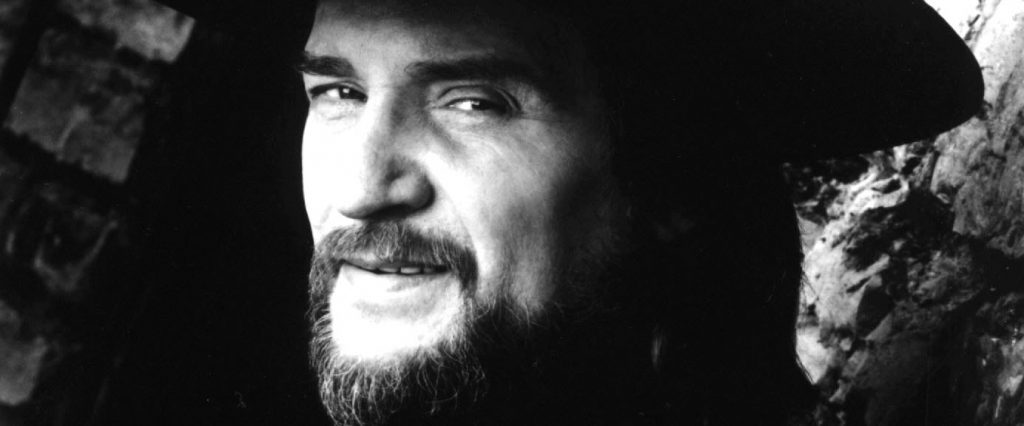
Introduction:
In the following article we’ll delve into the similarities and draw comparisons between Waylon Jennings’ 1972 contract negotiations with the industry giant, RCA Records and the characters in Ayn Rand’s novels, “The Fountainhead” and “Atlas Shrugged.” We’ll highlight the themes of individualism, independence, and the struggle against collective pressure.

The Back Story:
The conventional short story of Waylon Jennings 1972 contract re-negations with his record company, RCA Records always seem to focus on money. Along with Neil Reshen, his new manager, Jennings had requested a $25,000 royalty advance from RCA Records to cover his living expenses during his recovery from a bout with hepatitis. Instead RCA offered Jennings a $5,000 bonus for signing a new 5% royalty deal with RCA, the same terms he had accepted in 1965. After reviewing the offer with Reshen, he rejected it. While that is certainly all true, there’s so much more to the story than that, something much more important in the long run.
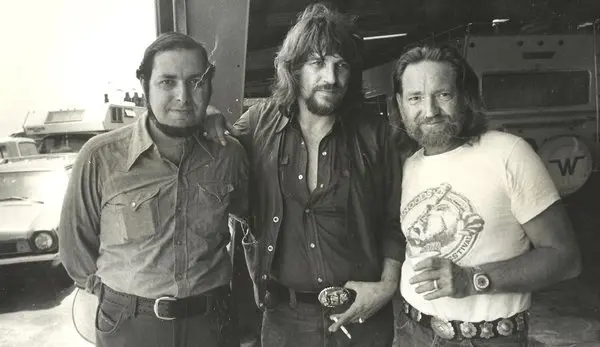
Waylon Jennings’ contract negotiations went beyond the conventional matters of financial gain. At its core, the battle was a passionate quest for artistic freedom and the preservation of individual rights in the realm of music. Jennings refused to let his career continue to be dictated by others, firmly believing that artists should have control over their own creative output. The negotiations were a testament to his unwavering commitment to assert his independence and shape his own musical identity. By fighting for greater control over his work, Jennings sought to ensure that his artistic vision remained intact and that his music truly represented his soul and authenticity. In this light, the contract negotiations were a profound statement about the importance of individual rights and the autonomy of artists in shaping their careers and leaving a lasting artistic legacy.
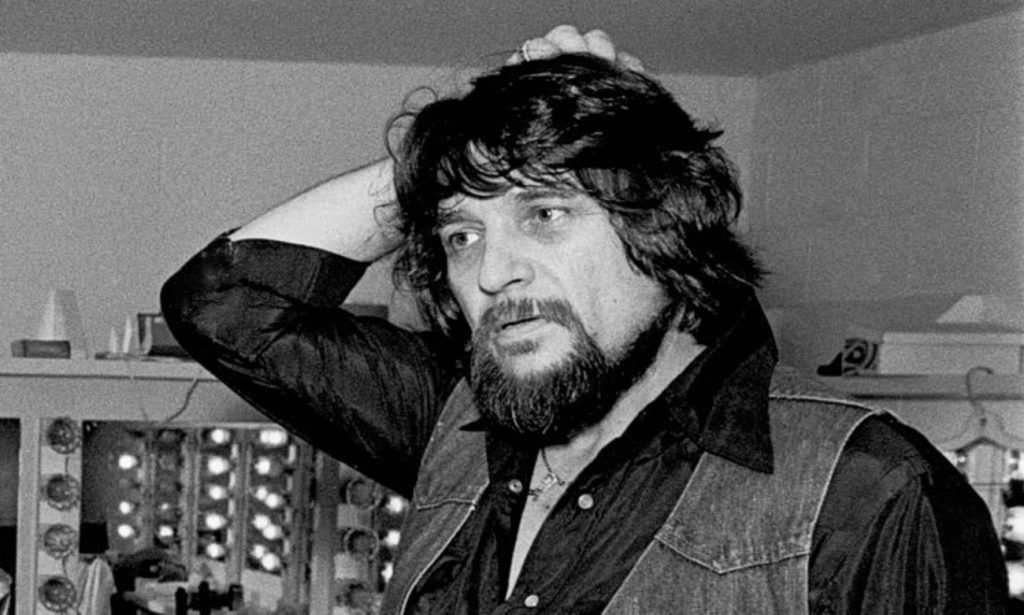
His struggle, that would come to define his career also reshaped the landscape of country music forever. At the heart of the conflict was Jennings’ unwavering desire to do it his way. He had grown frustrated with the constraints imposed by the record label, such as song selections (including his own compositions and those of little known songwriters such as Billy Joe Shaver) and his deep desire to use his band, The Waylors in the recording sessions rather than the company’s hired guns, the same studio musicians used by countless other artists in the RCA stable.
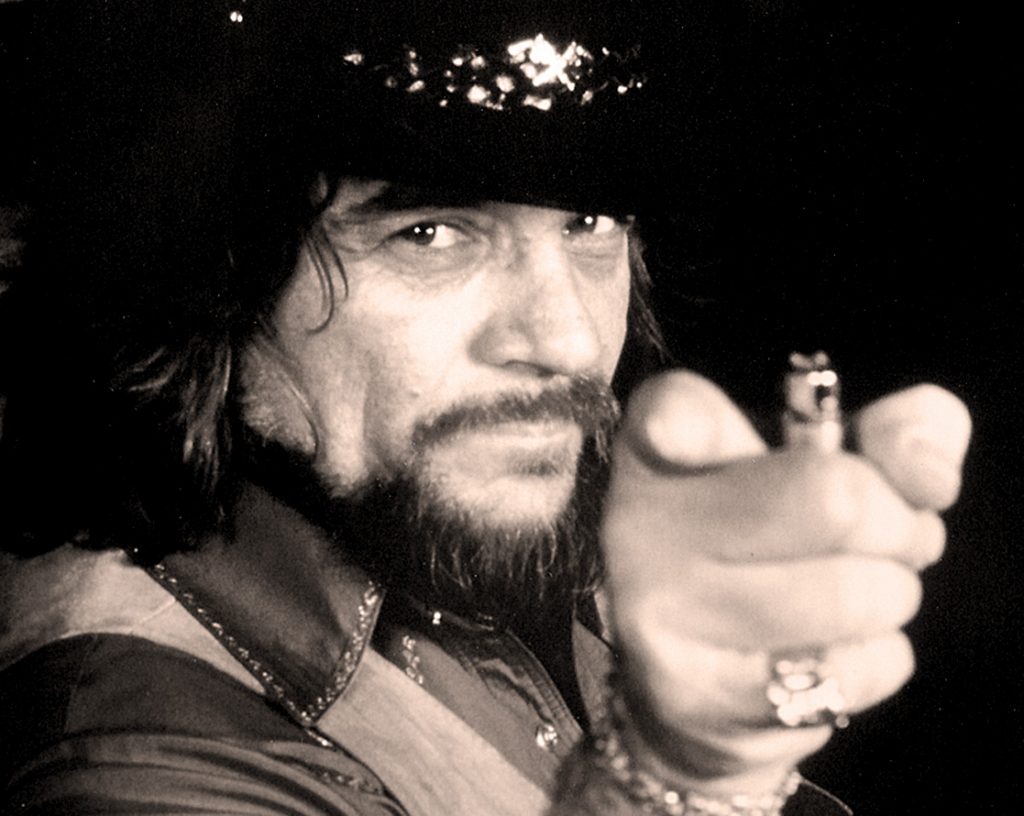
Determined to break free from the industry’s grip, Jennings fought tooth and nail for better contractual terms that would honor his contributions and give him greater autonomy. The battle was marked by Jennings’ refusal to compromise his artistic vision, even at the risk of jeopardizing his commercial success. Jennings’ fight with RCA Records was a pivotal moment in his career, representing a turning point in the trajectory of all country music. His tenacity and determination ultimately led to a groundbreaking renegotiation of his contract, granting him complete creative control and paving the way for a new era of artistic expression in country music.
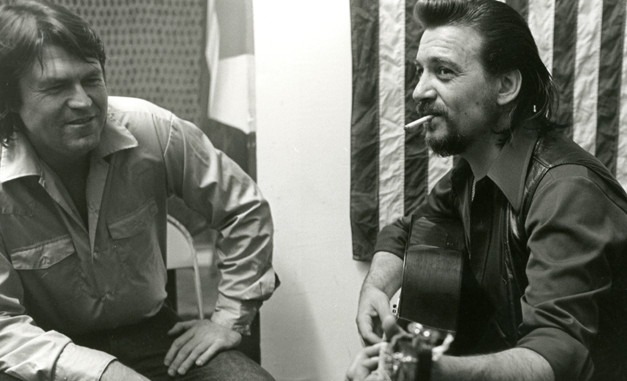
The first bold step Jennings took in exercising his new artistic control over RCA Records was choosing to do an album of songs by the relatively unknown songwriter Billy Joe Shaver for the LP, “Honky Tonk Heroes.” The decision showcased Jennings’ commitment to authentic storytelling and his willingness to champion talented artists outside of the mainstream, leaving an indelible mark on the country music landscape.
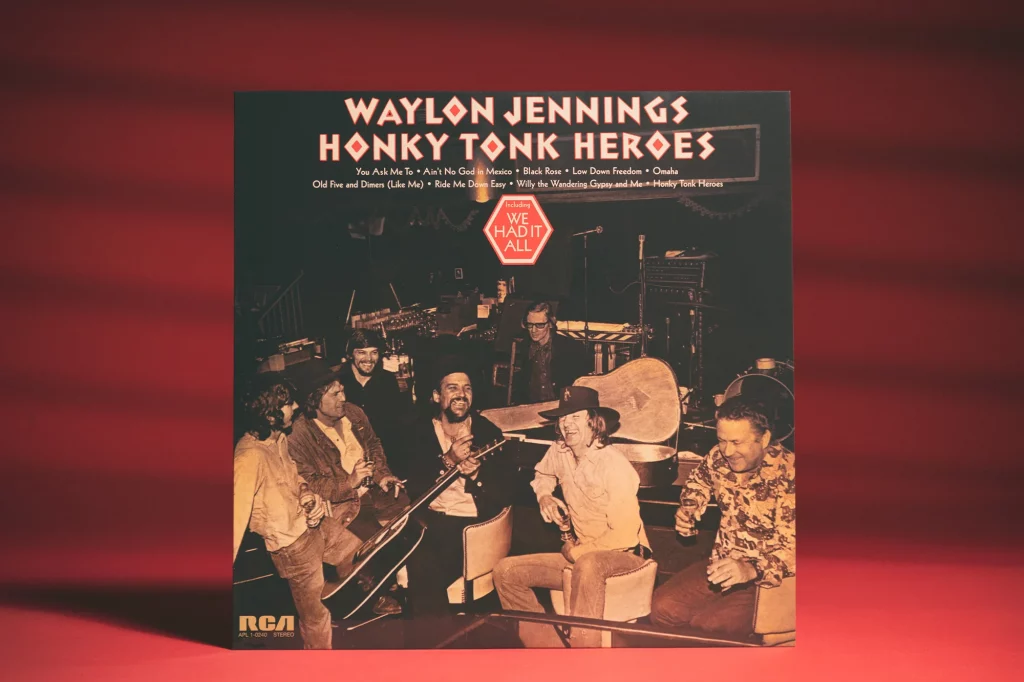
Ayn Rand couldn’t have written it better:
When examined closely, Jennings’ contract negotiations with RCA bore a striking resemblance to a plot from an Ayn Rand novel in their portrayal of individualism, independence, and the pursuit of personal freedom. Similar to Rand’s protagonists in both “The Fountainhead” and “Atlas Shrugged”, Jennings displayed a fierce determination to assert his artistic vision and maintain control over his career.

Jennings’ unwavering pursuit of artistic freedom and individualism, coupled with his tenacity to challenge the industry’s status quo, mirrored both Howard Roark and John Galt in “The Fountainhead” and “Atlas Shrugged.” He sought to break free from the constraints imposed by the music industry and challenge the status quo. Just as Rand’s characters strive to achieve their objectives with unwavering conviction, Jennings fought for his right to creative autonomy, refusing to compromise his unique sound and lyrical style.

Furthermore, the negotiations reflected the struggle between the individual and the collective. In the spirit of Rand’s philosophy of objectivism, Jennings championed his own interests, recognizing that his talent and creativity deserved fair recognition and compensation. He stood firm against the collective pressure exerted by the record label, fighting for better contractual terms that would honor his contributions and give him greater control over his work. By embodying the principles of self-reliance and personal accountability, Jennings evoked the essence of Ayn Rand’s characters, who defy societal expectations and stand up for their individuality, even in the face of adversity.

Individualism and Artistic Vision:
Waylon Jennings, much like Howard Roark in “The Fountainhead,” embodied the principles of individualism and artistic integrity. Roark staunchly defended his architectural vision against societal expectations and compromised design principles. Similarly, Jennings aimed to break free from the commercial pressures of the music industry and maintain control over his creative output. He resisted the record label’s attempts to mold him into a conventional country artist, emphasizing his unique sound and lyrical style. In both cases, the protagonists refused to compromise their artistic vision, asserting their individuality in the face of conformity.

Challenging the Status Quo:
Jennings’ negotiations with RCA Records mirrored the protagonists’ rebellion against established norms depicted in Ayn Rand’s novels. Like Rand’s characters, Jennings sought to challenge the prevailing practices and change the existing paradigm. In “Atlas Shrugged,” Rand’s characters strive to revolutionize and reshape industries, refusing to succumb to the conventional ways of doing things. Similarly, Jennings confronted the music industry’s expectations and pushed for greater creative control. By demanding autonomy and defying industry standards, Jennings demonstrated a willingness to challenge the status quo, much like the characters in Rand’s novels.
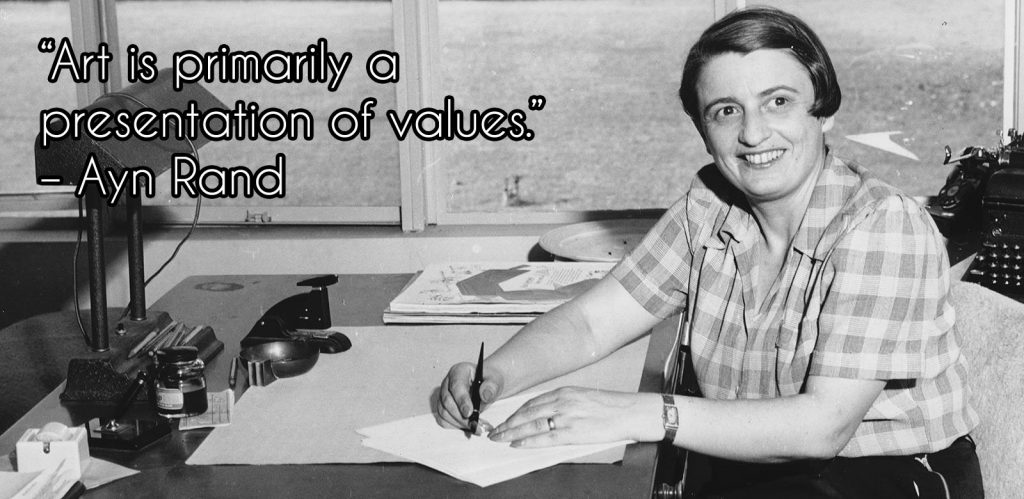
Struggle Against Collective Pressure:
A prominent theme in Ayn Rand’s works is the struggle between individualism and collective pressure. The negotiations between Jennings and RCA Records epitomized this struggle. In “The Fountainhead,” Howard Roark faces immense resistance from both the architectural establishment and public opinion. Similarly, Jennings encountered obstacles and collective pressure from the record label, which sought to mold him into a marketable commodity. However, like the protagonists in Rand’s novels, Jennings remained resolute in his pursuit of personal freedom and independence, refusing to submit to external pressures that compromised his artistic vision.

Championing Individual Rights and Fair Compensation:
One of the central tenets of Ayn Rand’s philosophy is the celebration of individual rights and fair compensation for one’s efforts. This principle resonated strongly in Jennings’ contract negotiations. Rand’s characters in “Atlas Shrugged” advocate for the recognition and protection of individual rights, including the right to property and the fruits of one’s labor. Similarly, Jennings fought for better contractual terms that honored his contributions and gave him greater control over his work. He recognized that his talent and creativity deserved fair recognition and compensation, aligning with the philosophy espoused in Rand’s novels.

Of all of her writings the most direct comparison between Waylon Jennings and Ayn Rand would be the book The Fountainhead and there is a passage in the book where the central character, Howard Roark is in front to the Court to plead his case for artistic freedom.
The following clip, from the 1949 film version, starring Gary Cooper best explains the relationship between Ayn Rand’s position as well as that of Waylon Jennings.
Conclusion:
While there is no evidence Waylon Jennings was a reader of Ayn Rand’s work much less a follower of her philosophy of individualism or artistic objectivism, I believe they shared the same vision. As Rand herself described in Atlas Shrugged, “The concept of man as a heroic being, with his own happiness as the moral purpose of his life, with productive achievement as his noblest activity, and reason as his only absolute”
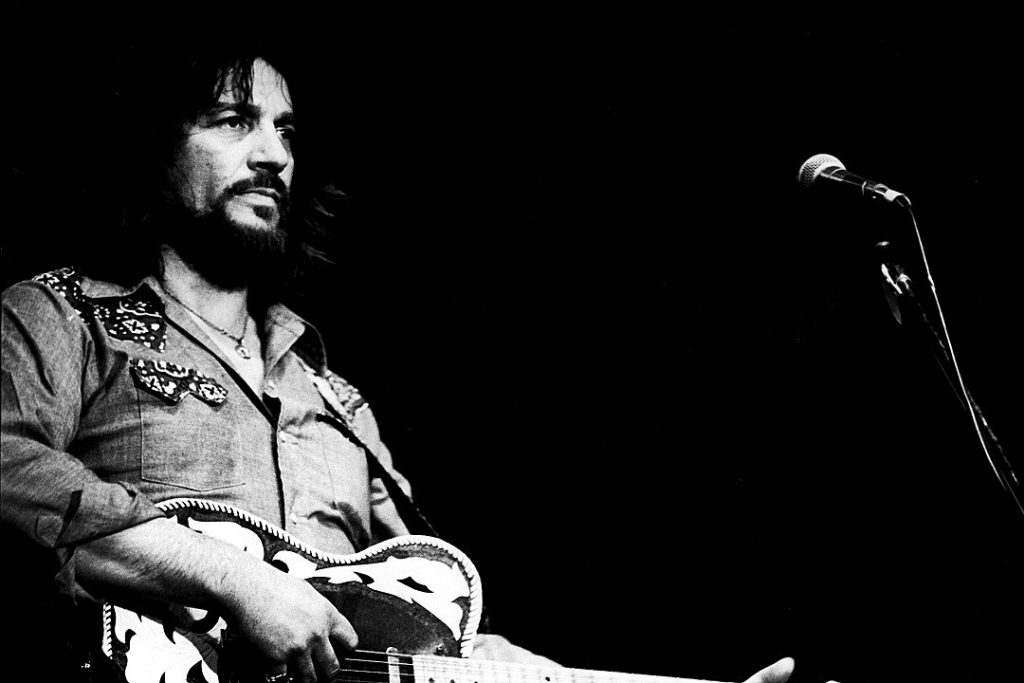
Jennings rebellion against the industry’s norms and his insistence on artistic integrity inspired a new generation of artists to join the struggle and challenge the status quo. Jennings sought to break away from the polished, pop-oriented sound that dominated the airwaves at the time and return country music to its roots. This struggle was not only a personal one for Jennings but also a broader ideological battle for the soul of the genre.

Through his unwavering commitment to artistic freedom and the championing of individual rights, Jennings embodied the spirit of Ayn Rand’s philosophy and his negotiations served as a powerful testament to the enduring relevance of Rand’s ideas and their manifestation in real-world scenarios. Jennings’ defiance against conformity and his relentless pursuit of personal freedom left an indelible mark on the music industry.
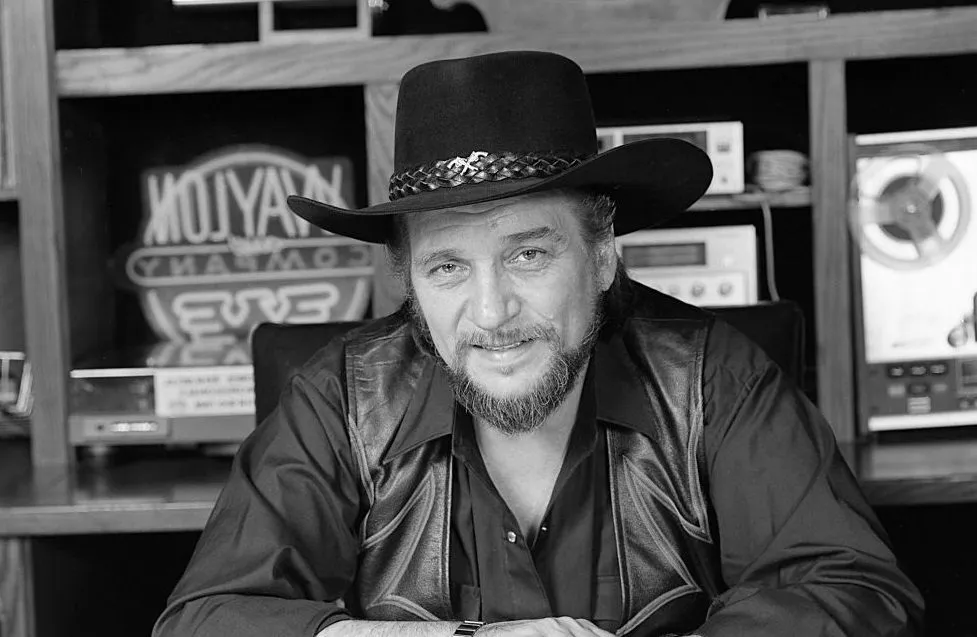
Waylon Jennings remains an enduring testament to the power of individualism and the triumph of artistic freedom over industry pressures from the suit and tie wearing, corporate elites that value the almighty dollar over the integrity of the artists they try to control. To this day he echoes the timeless themes of individualism and independence that have captivated readers of Ayn Rand’s works for generations.